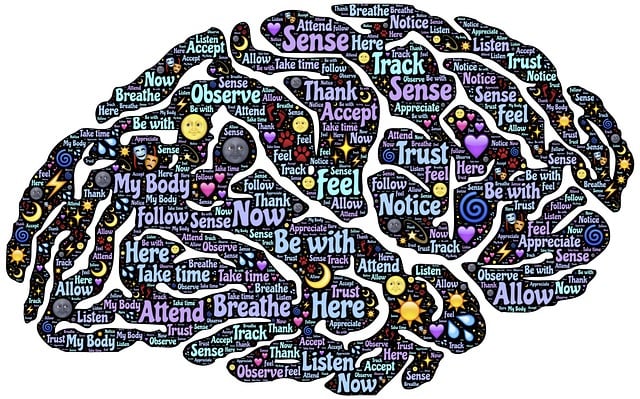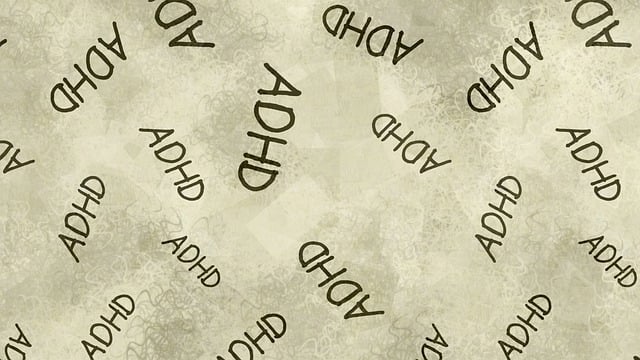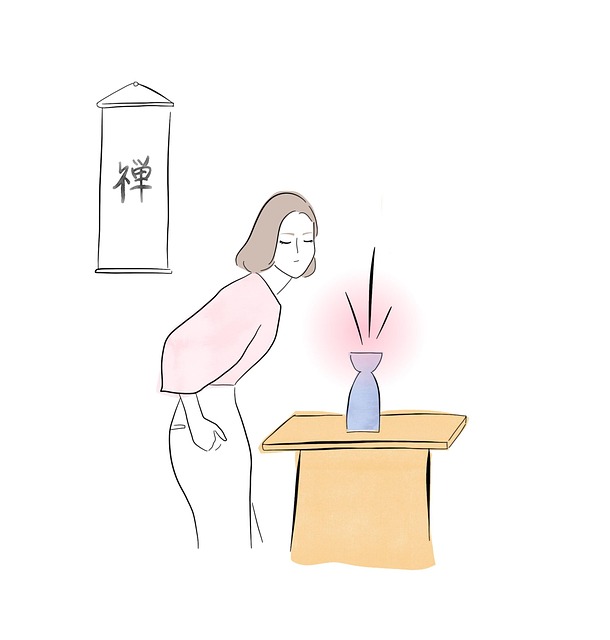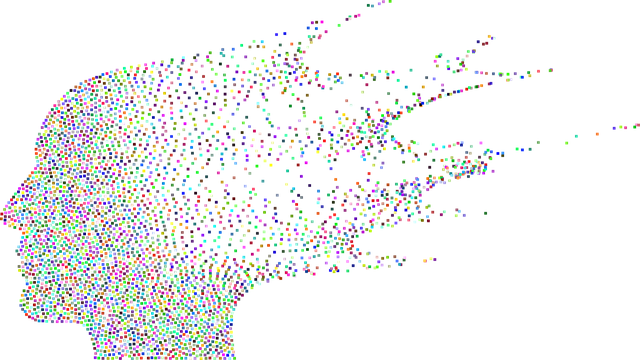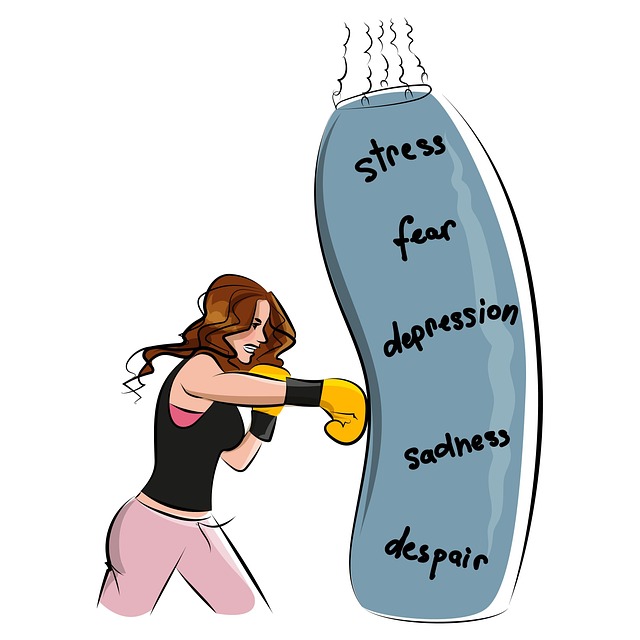Public awareness campaigns, leveraging digital tools and creative strategies, play a vital role in geriatric care education by bridging knowledge gaps and empowering seniors and families. Initiatives like Superior Geriatrics Therapy (SGT) focus on early detection, prevention, and holistic treatment for cognitive decline, depression, and social isolation. These campaigns enhance healthcare provider training while reducing stigma around mental illness in the elderly through education and open conversations. Measuring impact using robust evaluation methods, including tracking service seeks after SGT, ensures continuous improvement and tailored strategies to meet the evolving needs of senior populations.
Public awareness campaigns play a pivotal role in educating communities, especially regarding healthcare. This article delves into three key aspects: understanding public awareness and its significance in healthcare education, designing effective campaigns focused on Superior Geriatrics Therapy (SGT), and measuring the impact of SGT awareness initiatives for senior care. By exploring these sections, we aim to provide valuable insights into enhancing public knowledge and fostering better senior care practices.
- Understanding Public Awareness: The Role of Campaigns in Healthcare Education
- Designing Effective Superior Geriatrics Therapy Campaigns: Strategies and Best Practices
- Measuring Impact: Evaluating the Success of Public Awareness Efforts for Senior Care
Understanding Public Awareness: The Role of Campaigns in Healthcare Education

Public awareness campaigns play a pivotal role in healthcare education, especially when it comes to sensitive and complex topics like geriatric care. In today’s world, where information is readily accessible, these campaigns act as powerful tools to bridge the gap between knowledge and action. By focusing on specific health issues, they aim to educate the public, encouraging them to take charge of their well-being or that of their loved ones. For instance, initiatives promoting Superior Geriatrics Therapy can empower older adults and their families with the knowledge to make informed decisions regarding their healthcare.
These campaigns often employ various strategies, from multimedia advertising to community events, to ensure messages reach diverse audiences. They highlight the importance of early detection, prevention, and proper treatment, which are key aspects of successful healthcare outcomes. Moreover, by integrating concepts like emotional regulation and mind over matter principles, they can foster a holistic understanding of well-being. Additionally, they contribute to enhancing healthcare provider cultural competency training, ensuring professionals are equipped to address the unique needs of an aging population.
Designing Effective Superior Geriatrics Therapy Campaigns: Strategies and Best Practices

Designing effective public awareness campaigns for Superior Geriatrics Therapy (SGT) is an art that combines scientific understanding with creative communication strategies. To ensure success, these campaigns must address key aspects of geriatric mental health, including cognitive decline, depression, and social isolation—prevalent issues among the elderly population. Incorporating evidence-based practices, such as Mental Wellness Coaching Programs Development, can empower older adults to manage their mental health proactively.
Beyond raising awareness, SGT campaigns should aim to reduce the stigma associated with mental illness in older adults. This involves educating the public and healthcare professionals alike about the unique challenges faced by the elderly, including the impact of age-related cognitive changes on emotional well-being. Implementing Mental Illness Stigma Reduction Efforts can foster a more compassionate society, encouraging open conversations and early intervention for geriatric mental health issues. Additionally, integrating risk assessment tools in campaign materials equips mental health professionals with crucial information, enabling them to deliver personalized care while mitigating potential risks within their practice settings.
Measuring Impact: Evaluating the Success of Public Awareness Efforts for Senior Care

Measuring the impact of public awareness campaigns for senior care is paramount to understanding their effectiveness and driving continuous improvement. By employing robust evaluation methods, organizations can assess how well their initiatives resonate with target audiences, ultimately leading to better-informed decisions and more successful interventions. This involves tracking key performance indicators (KPIs) that go beyond mere reach or exposure; metrics such as changed attitudes, increased knowledge, and improved behaviors offer a deeper insight into the campaign’s success. For instance, evaluating how many individuals seek out Superior Geriatrics Therapy services after exposure to awareness campaigns can provide concrete evidence of their impact on encouraging proactive senior care.
Emotional well-being promotion techniques and empathy building strategies play a pivotal role in these assessments. Campaigns that not only convey factual information but also foster emotional connections are more likely to drive meaningful behavior change. Incorporating Mind Over Matter principles, which emphasize the power of positive thinking and mental resilience, can lead to enhanced engagement and lasting impacts on seniors’ overall quality of life. Through such comprehensive evaluations, public awareness efforts can be refined and tailored to meet the evolving needs of senior populations.
Public awareness campaigns play a pivotal role in healthcare education, especially regarding senior care. By combining strategic design and effective measurement, we can ensure that initiatives like Superior Geriatrics Therapy reach their intended audience and make a tangible impact. Through understanding the needs of the community, employing best practices, and evaluating success, these campaigns become powerful tools to enhance public knowledge and ultimately improve healthcare outcomes for seniors.

